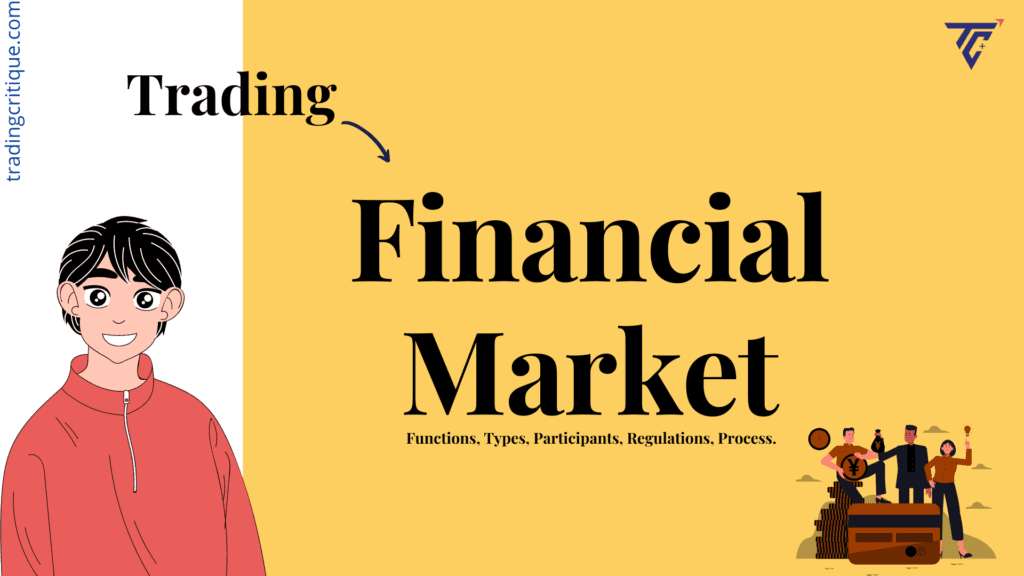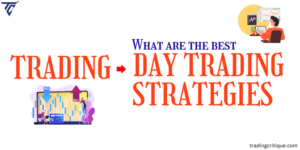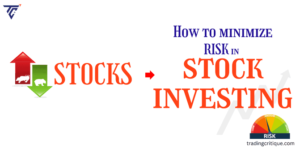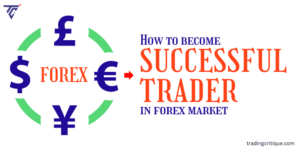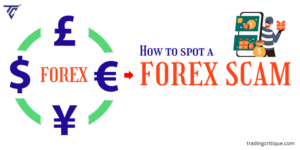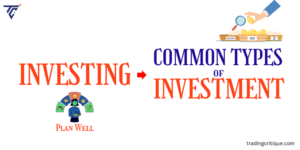
What are Some Common Types of Investments to Consider
This may involve various types of investment ventures, including using the funds to establish a new business. If you want to invest your money in the stock market, it is important to know what types of investments are there.


